Recommend a book to teach me the principles of garden design
jayco
11 years ago
Related Stories
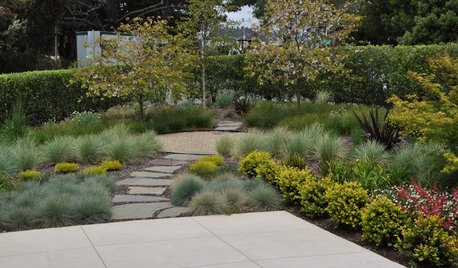
GARDENING AND LANDSCAPINGTeach Your Landscape Rhythm
Bring energy and movement to your landscape by applying this universal principle to your plant and paver designs
Full Story
ENTRYWAYSPut On a Good Face: Design Principles for Home Fronts
Set the right tone from the get-go with an entry that impresses and matches the overall design of your home
Full Story
PETSWhat Chihuahuas Can Teach Us About Interior Design
Who knew these tiny dogs could be such a huge fount of design tips? Houzzers did
Full Story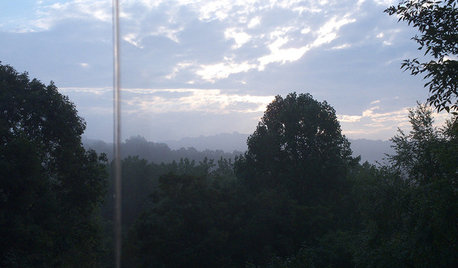
ARCHITECTURE4 Things a Hurricane Teaches You About Good Design
When the power goes out, a home's design can be as important as packaged food and a hand-crank radio. See how from a firsthand account
Full Story
HOME TECHWhat Chipotle and Radiohead Can Teach Us About Sound Quality at Home
Contemporary designs filled with glass and concrete can be hostile environments for great sound quality. Here's how to fix that
Full Story
PRODUCT PICKSGuest Picks: 20 Fun and Colorful Teaching Toys
Kids might not even realize they’re learning with playthings and playroom accessories like these
Full Story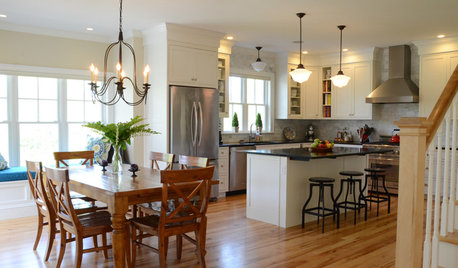
BUDGETING YOUR PROJECTHouzz Call: What Did Your Kitchen Renovation Teach You About Budgeting?
Cost is often the biggest shocker in a home renovation project. Share your wisdom to help your fellow Houzzers
Full Story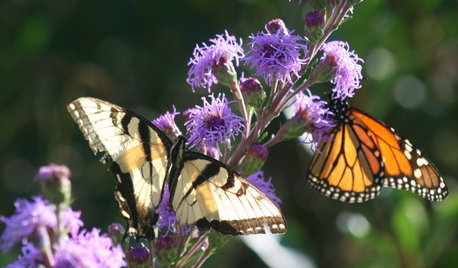
FALL GARDENINGWhat Monarch Butterflies Taught Me About Garden Design
Thinking like a butterfly leads to fresh perspectives in the garden and in life
Full Story
DECORATING GUIDESTeach a Tansu New Tricks
Traditionally used for transporting treasures, the tansu is now a classic casegood in today's homes
Full Story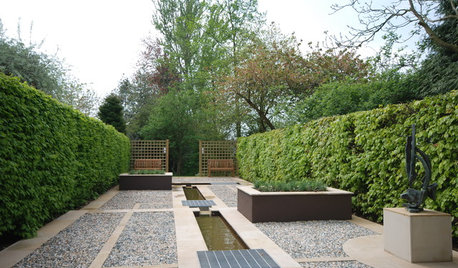
LANDSCAPE DESIGNHow to Create a Zen-Inspired Garden
You can get the peaceful feeling of a Japanese Zen garden in your backyard by embracing these principles
Full StoryMore Discussions






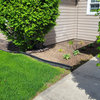
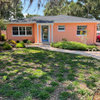
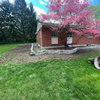
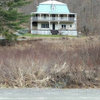

designoline6
duluthinbloomz4
Related Professionals
Clark Landscape Architects & Landscape Designers · Arlington Landscape Contractors · Beachwood Landscape Contractors · Fair Oaks Landscape Contractors · Lemont Landscape Contractors · Lyndhurst Landscape Contractors · Wanaque Landscape Contractors · East Norriton Landscape Contractors · Norridge Landscape Contractors · Ashland Decks, Patios & Outdoor Enclosures · Baton Rouge Decks, Patios & Outdoor Enclosures · Foothill Farms Decks, Patios & Outdoor Enclosures · Reading Decks, Patios & Outdoor Enclosures · Citrus Heights Swimming Pool Builders · Ontario Swimming Pool Buildersinkognito
Yardvaark
inkognito
gardengal48 (PNW Z8/9)
patty_cakes
Brad Edwards
jaycoOriginal Author
deviant-deziner
mad_gallica (z5 Eastern NY)
karinl